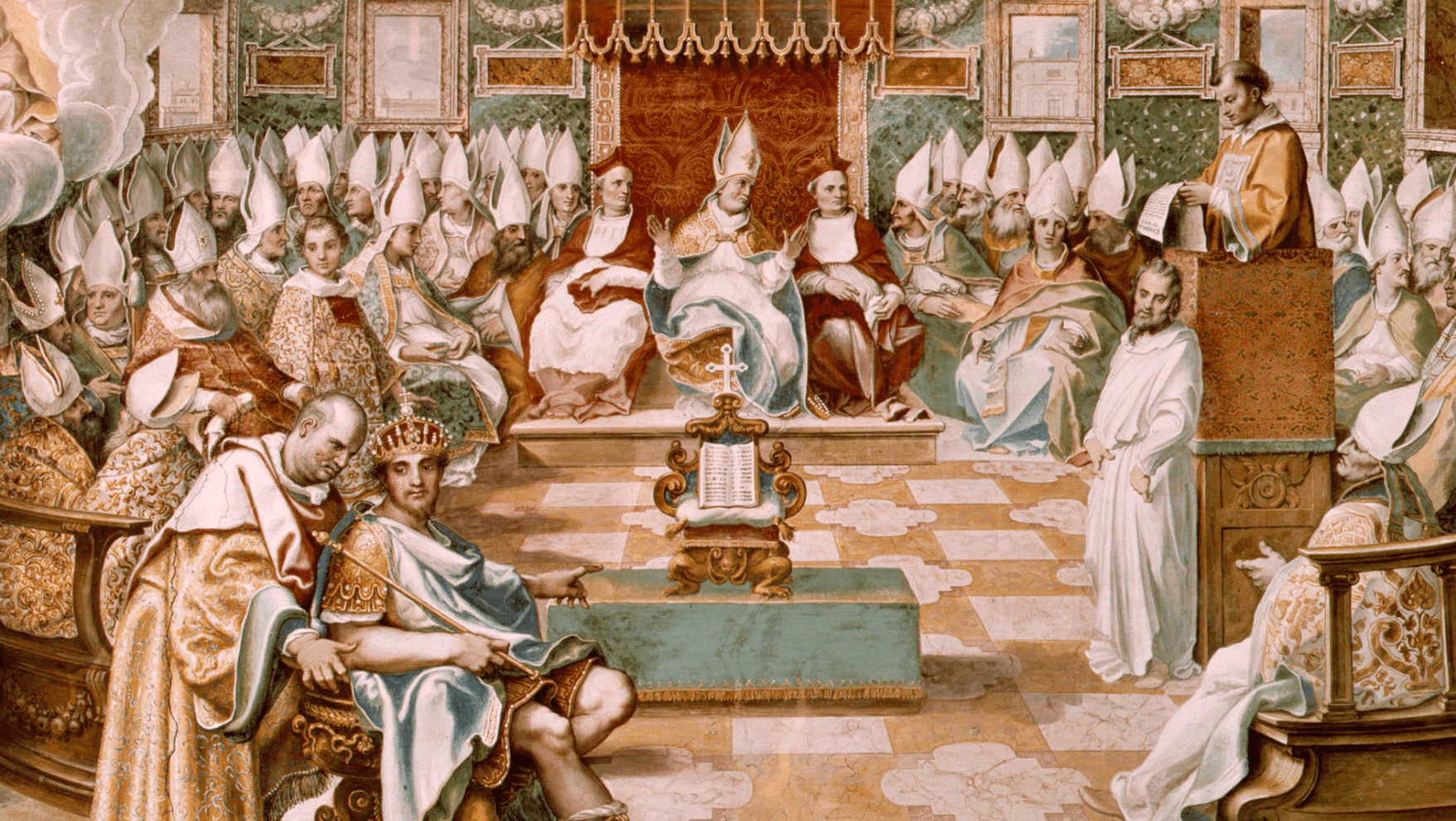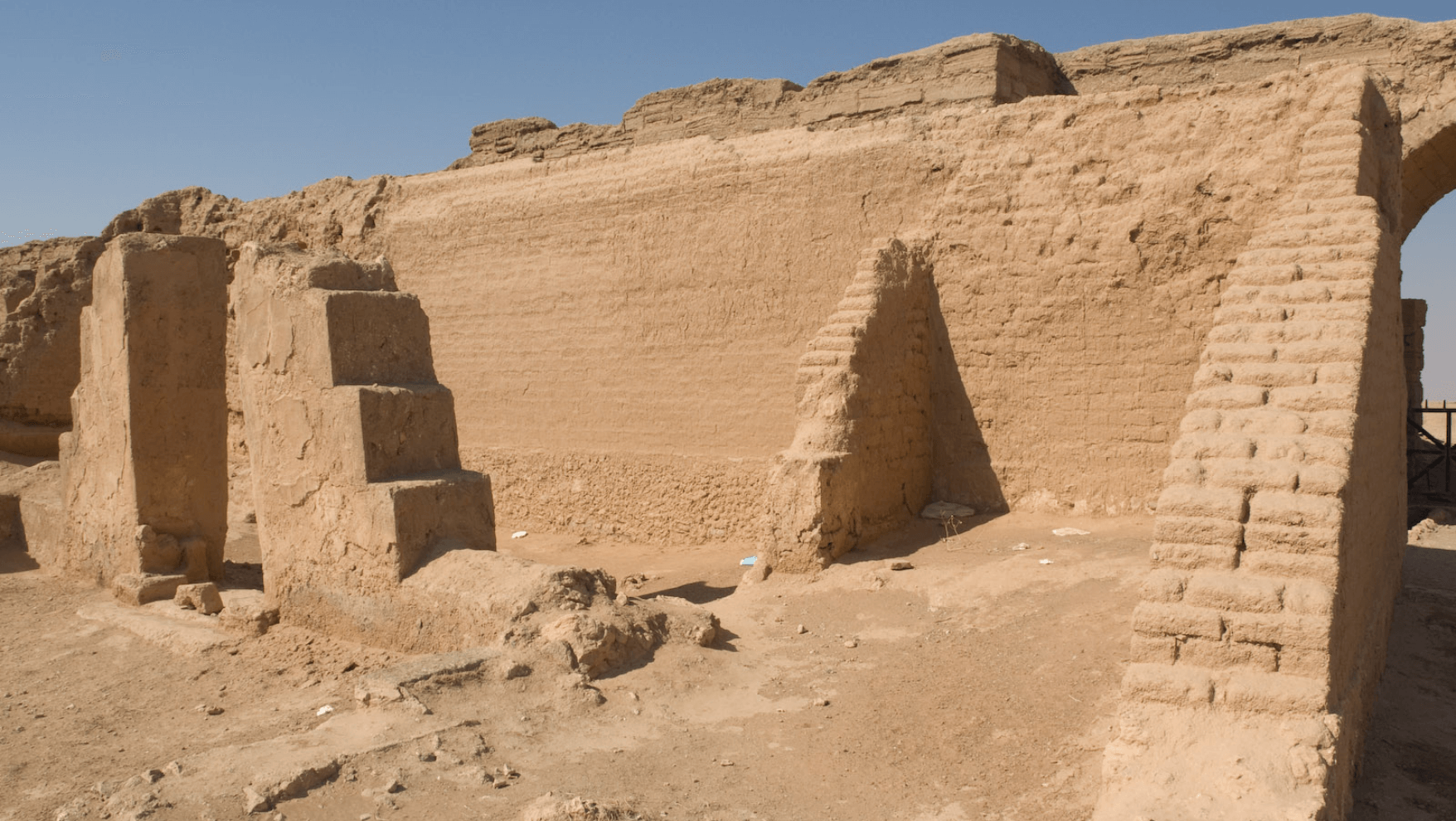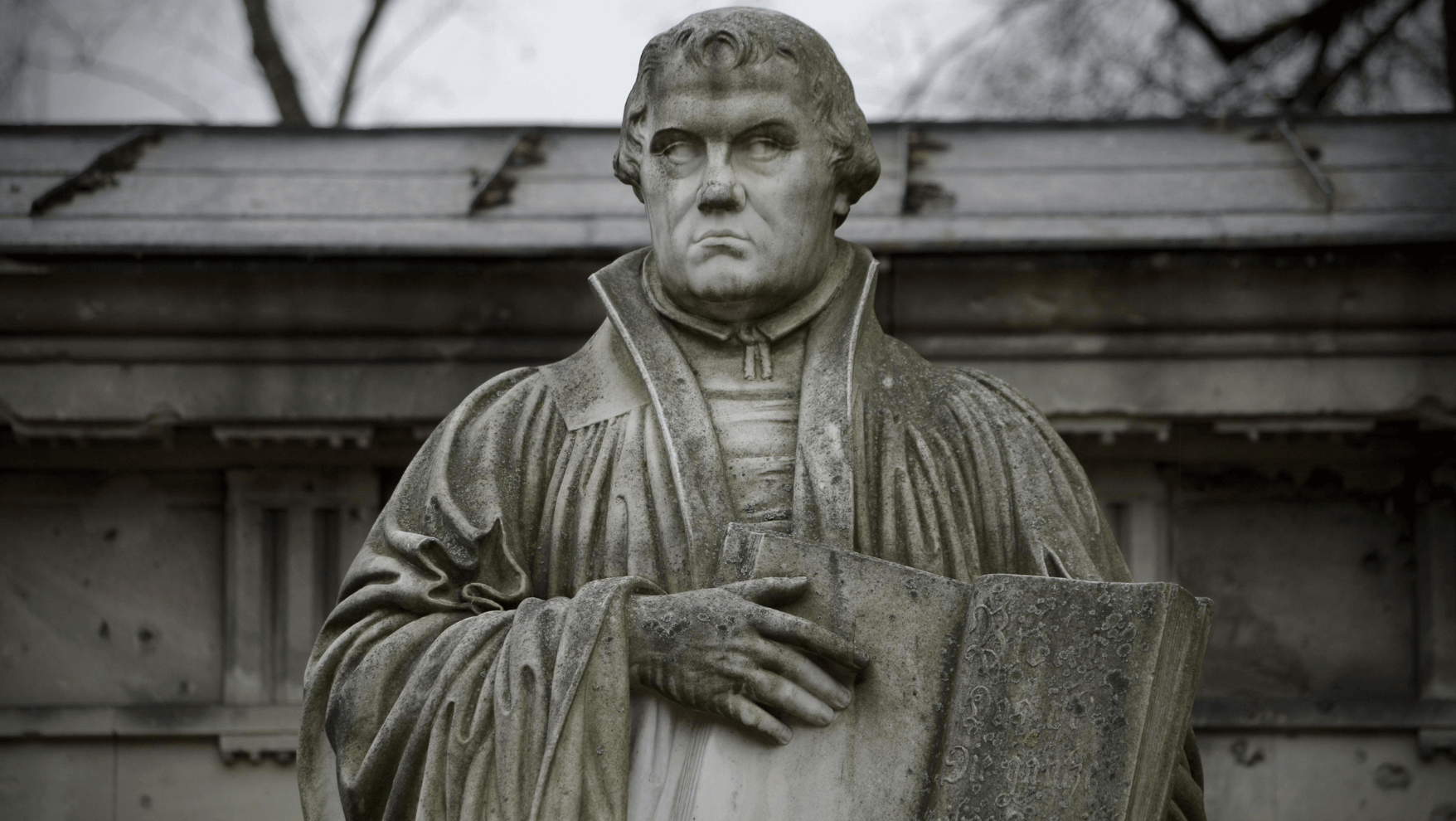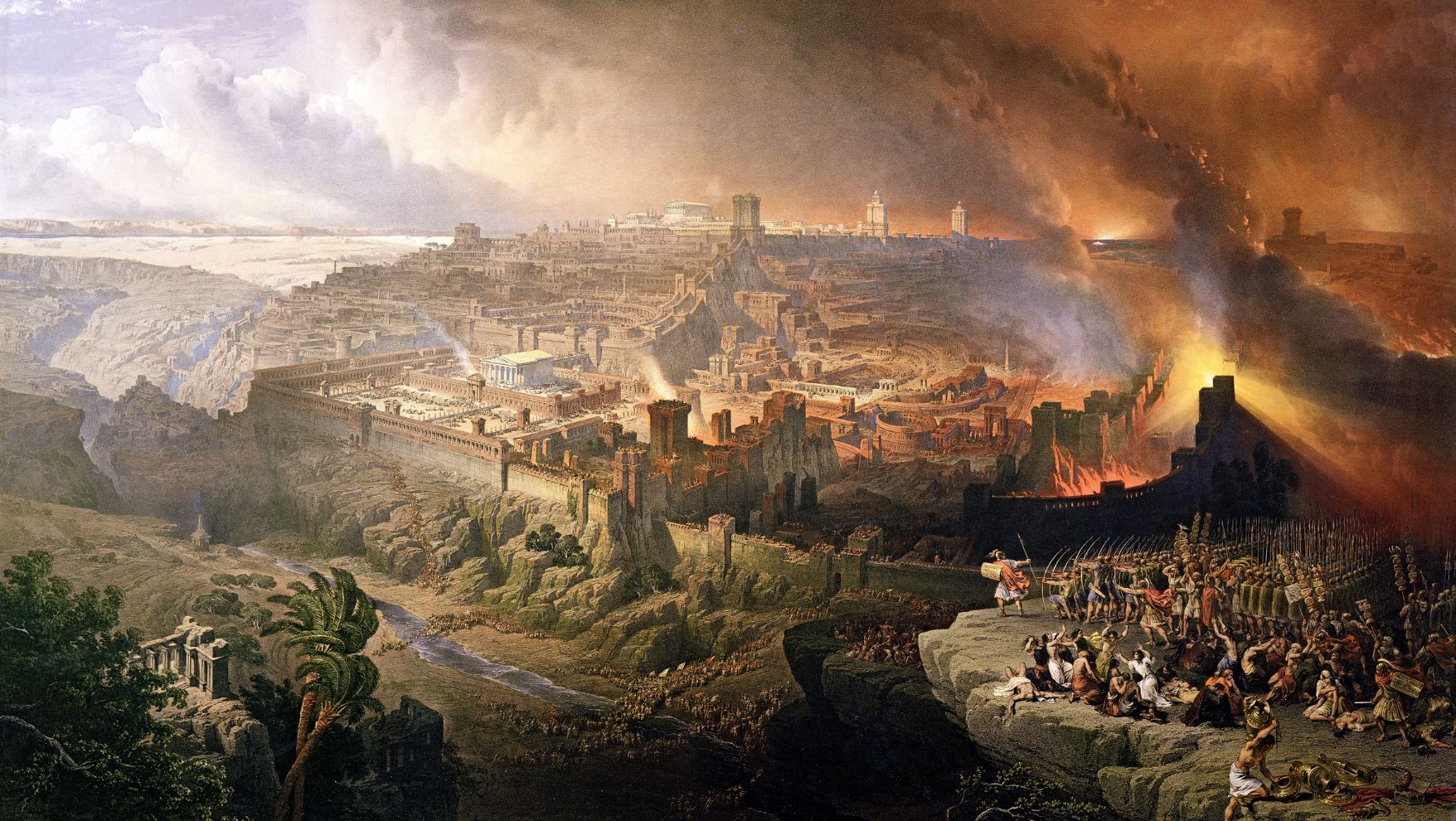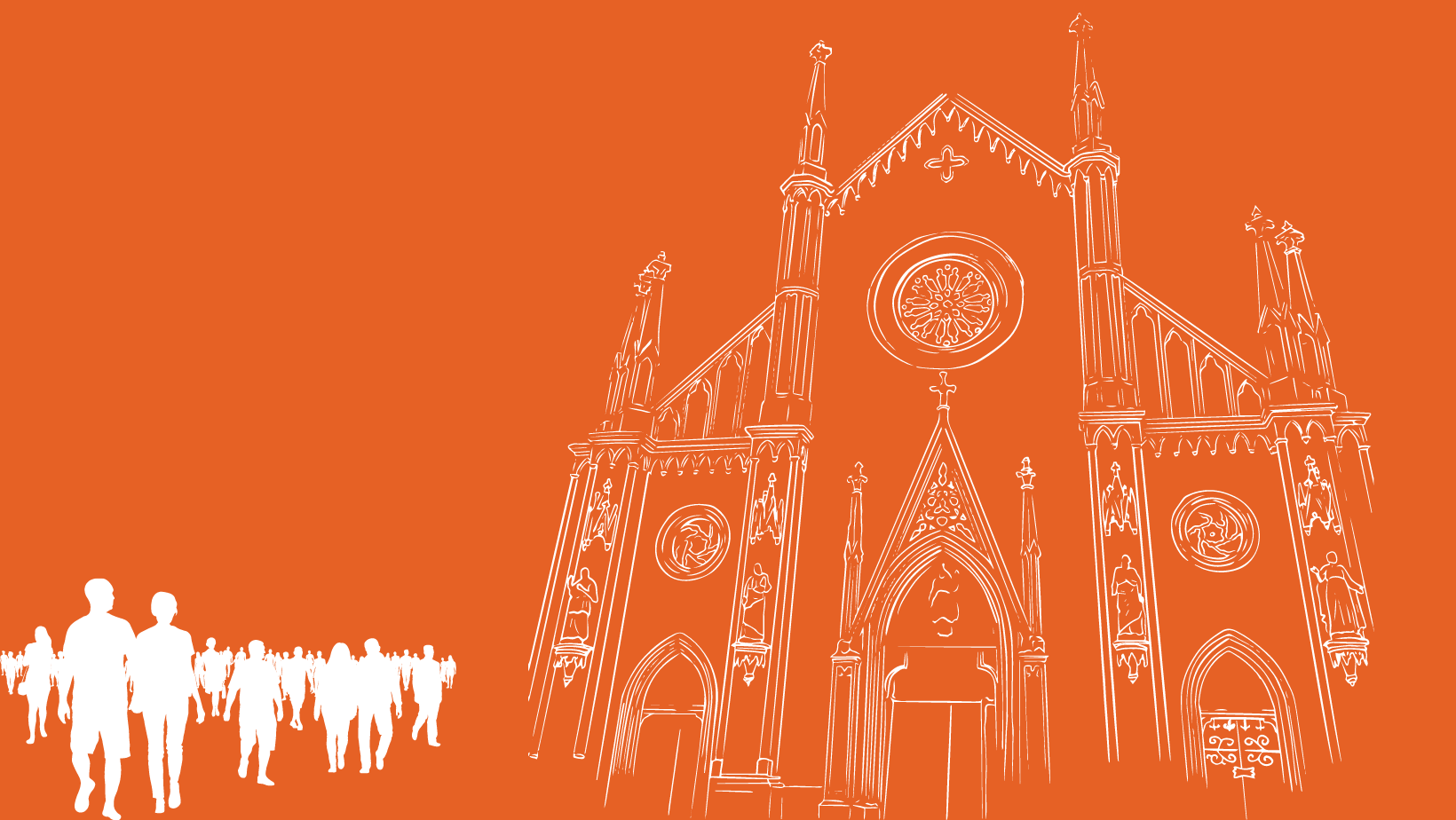
The Congregation in Detroit converted an old church into a coffee shop. Photo by Margaret Fipps
In the past 20 years, church membership in America has declined from 70% in 1999 to 50% today, according to a Gallup poll. This statistic shows an accelerated trend of overall decline since the 1930’s. This decline leaves a lot of historic church buildings empty.
Off of Rosa Parks Boulevard in Detroit, Michigan stands a gorgeous brick building. Walk into the large green double doors and the smells of coffee and history mingle together.
Light streams in from a massive stained glass window, and the pews, once aligned in rows, now form study spots. The cacophony of an espresso grinder replaces the melodies of an abandoned organ in the corner.
The bar serves coffee and alcohol. Once a building devoted to worship that housed the New St. James African Methodist Episcopal Church, The Congregation coffee shop is now devoted to coffee.
This conversion story is not unusual. This story is just one of many metrics that demonstrates the decline of Christianity in the West since the 1970’s.
In 1972, 90% of Americans identified as Christians, according to Pew Research Center. Burgeoned by the end of World War II and the baby boom, people flooded the pews with their growing families.
However, by 2070, Pew Research Center predicts that less than half of Americans will identify as Christians.
We are around 40 years away from this prediction, and we are already witnessing the change in churches like The Congregation.
Cultural Shifts
Rather than an abrupt change, American Christians have been undergoing a steady cultural shift since the 1950’s, according to Timothy Keller in his article “The Decline of the Mainline.” As the cultural identity of Americans changed the Church did as well.
“In the 60s, that was a huge increase in churchgoing,” Trevin Wax, vice president of Research and Resource Development for the North American Mission Board, said. “You know, after World War II and during the Cold War, that was one of the ways to be American was to show that we believe in God. We're not like those communist atheists.”
Tensions in the Cold War caused religious leaders to speak out against communism and draw lines around America’s religious freedom, according to the Association of Religious Data Archives. Even evangelist Billy Graham expressed vehement anti-communist views from the pulpit.
At the same time, the sexual revolution, civil rights movement and turmoil of change in American values led to an even more independent society, according to Keller in “The Decline of the Mainline.”
1 Corinthians 12:12 says, “Just as a body, though one, has many parts, but all its many parts form one body, so it is with Christ.”
The Church, by nature, is built on communal and mutual relationships. The independent spirit of America can chafe against a close-knit community, Wax said.
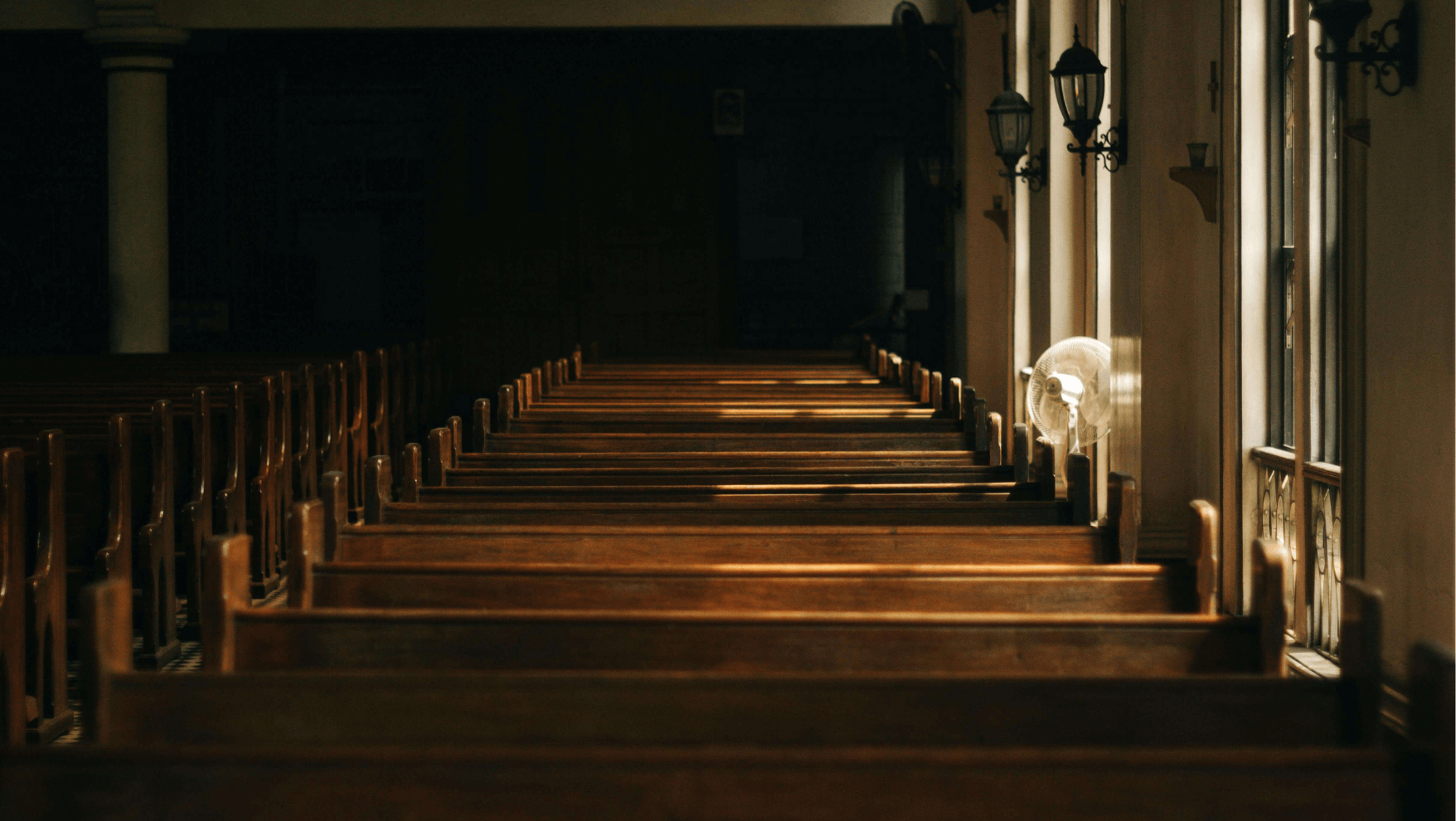
Photo by Nikko Tan for Pexels
“We live in a really individualistic society where people say they crave community, but they also want personal freedom,” Wax said. “And you can't have close community without that impinging upon your feeling of freedom at times.”
America follows in the footsteps of many other European countries that value individualism. Across 15 Western European countries, only 22% of professing Christians attend weekly worship gatherings, according to Pew Research Center.
A large percentage of “dechurched” people simply wandered away from the Church, whether from a busy schedule, job change or family emergency, according to Jim Davis, Collin Hansen and Ryan Burge in their book “The Great Dechurching.” They lost their sense of belonging — a deep sense of association with the body of Christ that goes above membership. They may not belong to a church body, but they are willing to return.
Another category of dechurched people began to disassociate from any religious association at all. They scanned the list of religions and checked the box ‘none.’ Although these people may still gravitate toward spirituality, they distanced themselves from organized religion, according to “The Great Dechurching.”
Hayes Wicker, who has pastored in Arizona, New Mexico, Texas, Oklahoma and Florida for over 50 years, said he observed the decline of Christians’ influence over the years.
“I don't want to write Ichabod [1 Samuel 4:19-22] over the American church,” Wicker said. “If you do, then you might as well just throw in the towel quick.”
However, Wicker said he is a realist about the factors that eat away at Christianity in the West.
“What I'm sensing is that so many churches have moved into a professionalism of doing church, where paradigms have replaced the Holy Spirit, where programs are more important than the people we're trying to minister to,” Wicker said. “And then we get our eyes off Jesus. I believe we tend to chase rabbits way too much and not deal with the root issues.”

Photo by Maria Orlova for Pexels
Wax said he points to the loss of orthodoxy in congregations. Without core beliefs in the Trinity or the inerrancy of Scripture, Sunday gatherings become simply a social club or a way to meet new people.
“We've seen lots of churches go in that direction,” Wax said. “And then it's like, ‘Why get up on a Sunday morning and go to church if the church is going to tell you everything that you would already believe or if it's just going to echo whatever the world says?’”
The Church’s function or dysfunction in a highly politicized society is an additional factor. When pastors or members paint the walls of a church red or blue, it signals to the world that the Church is just as divided as the halls of Congress, Wax said.
“What you're seeing is a sorting of churches in that there are some who really want church to feel like a political rally,” Wax said. “There are a bunch that feel like something is wrong with that.”
When cultural and political wars creep into the Church, they result in casualties. Many surveyed individuals left the church because of polarized conversations around politics, gender issues and abuse easily found in church news, according to “The Great Dechurching.”
“You learn gun safety,” Wicker said. “You don't aim it at people, you don't shoot at God's people. And we Christians don't know how to keep the safety on the gun of our lips.”
How the Body of Christ Can Respond
The Church must act by spreading the gospel, Wax said.
“We don't have the luxury of sitting back and maintaining what we have, because Jesus didn't give us that,” Wax said.
This is not the first time the Church has faced a crisis: the church in Corinth faced a communion crisis, and the church in Laodicea faced a worldliness crisis. Likewise, the church in America faces a cultural crisis.
“The key for every generation is to reaffirm orthodoxy, and at the same time apply it in a different era,” Wax said. “The outworking of orthodoxy will look different from generation to generation and from culture to culture. We believe Christianity is not monocultural. It never has been.”
The outworkings of orthodoxy might mean meeting in house churches or micro-churches, communing in a radically different way. One outworking of orthodoxy that stays the same is prayer, Wicker said.
In one of his first churches in small town Oklahoma, Wicker said he saw the power of prayer through Mrs. Herron, an ordinary member at First Baptist Church.
“She said, ‘Oh, thank the Lord God led you here,” Wicker said. “‘For years, I've been praying for a pastor who will preach on the fullness of the Holy Spirit and for revival.’ I said, ‘Let's pray for revival.’”
Only weeks later, Wicker was preaching on a normal Sunday, when he suddenly got choked up, coughing a little bit and losing his place. At that moment, one of the most prominent doctors in town came down the aisle.
“I thought, ‘How nice of him, he's so concerned for my voice,’” Wicker said. “And he gently pushes me to the side, and then asked the church to forgive him for his part in running off the last pastor and told the church he had repented of his sin. Others did the very same thing. Real revival began that day.”
Although this decline seems insurmountable, God is greater than these circumstances.
“That’s when we pray, as in Habakkuk: Revive your work, O Lord, in the midst of the years,” Wicker said. “Make it known. In wrath, remember mercy.”
Margaret Fipps is a junior Journalism student at Cedarville University and the editor-in-chief of Cedars Magazine. As a journalist, she wants to revive beautiful writing with a purpose: to engage communities in conversations with each other. Also, as a former pastor's kid, she deeply cares for the church and loves seeing Jesus proclaimed through his bride.





